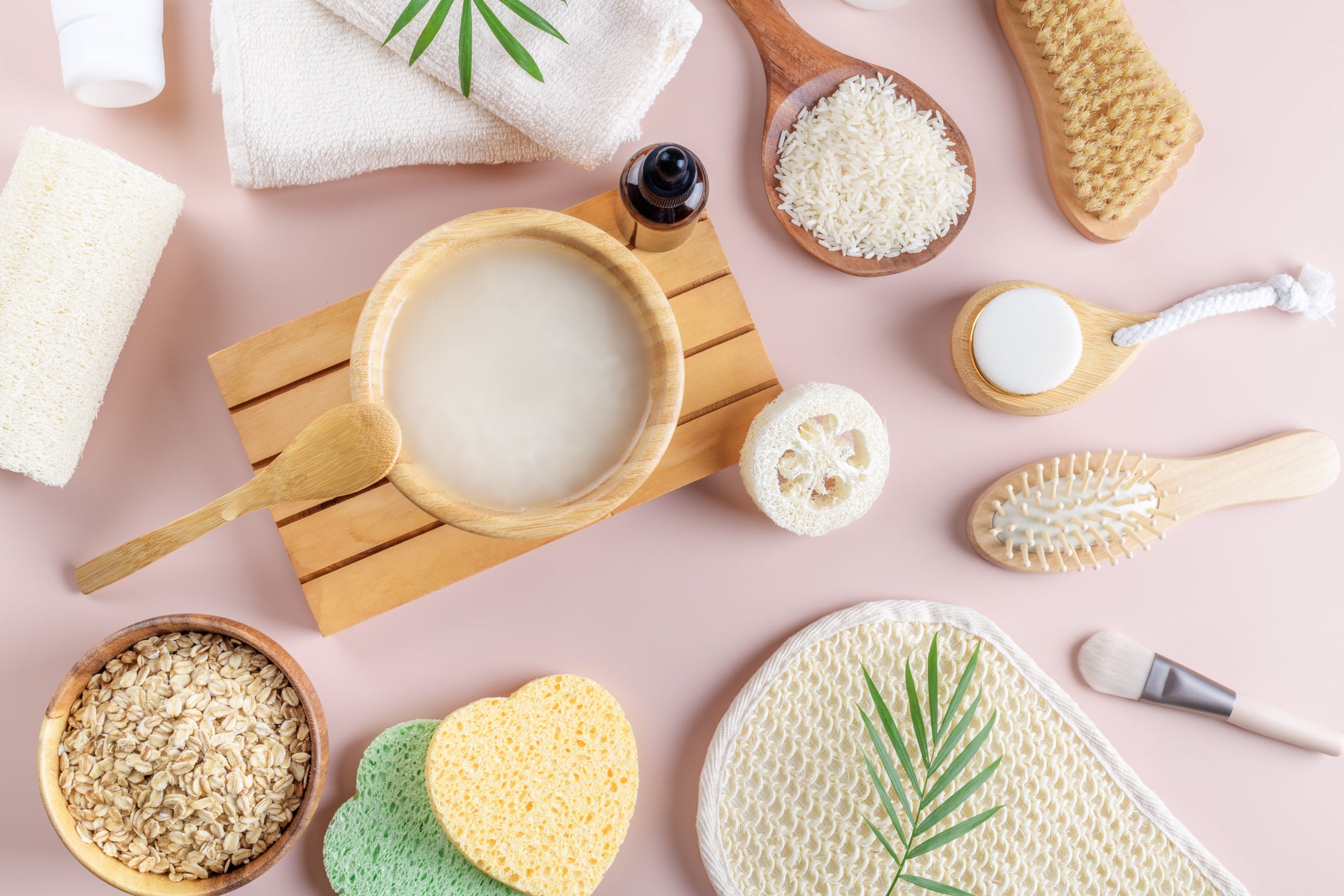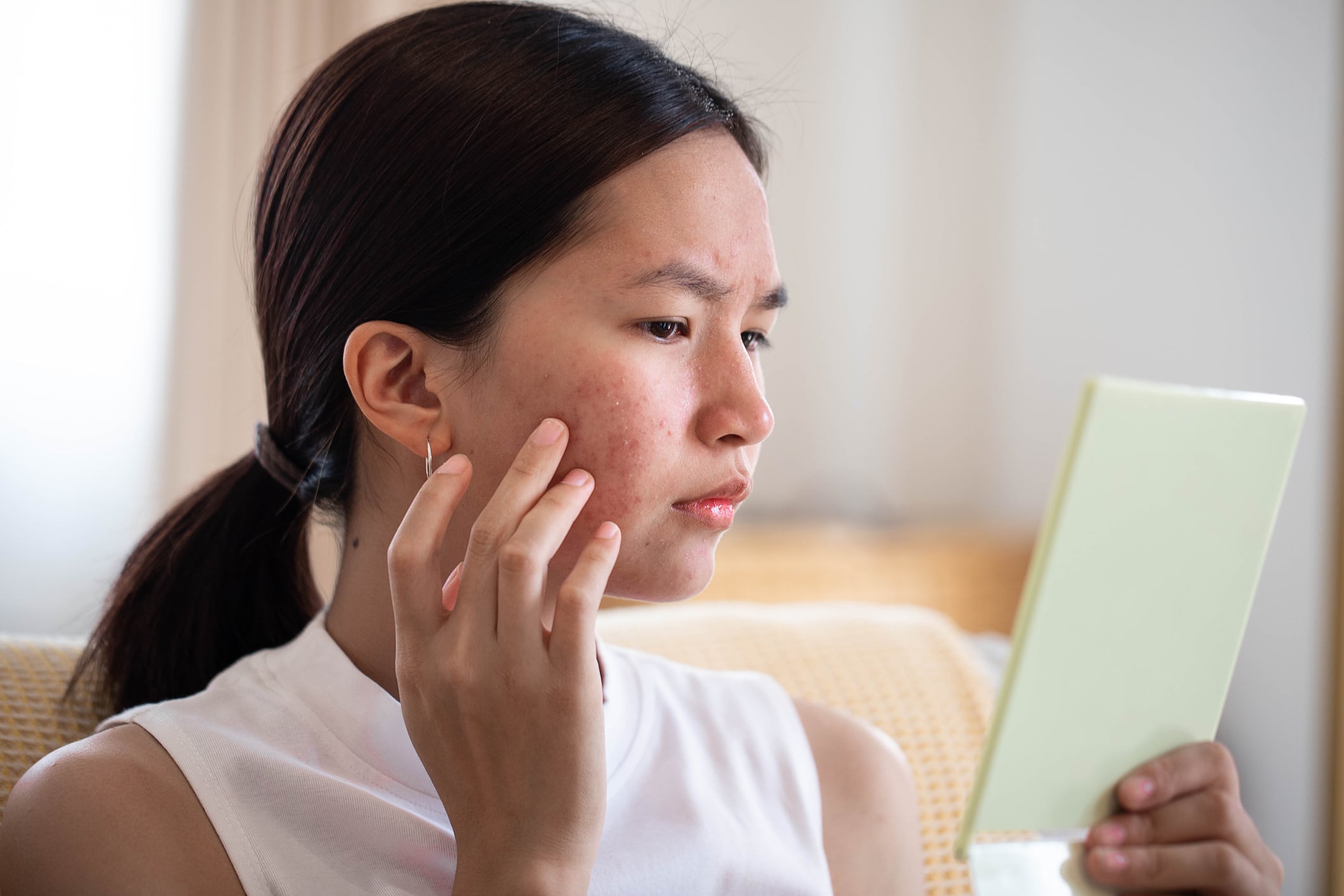The research, led by scientists from Huazhong University of Science and Technology and Mageline Biology Tech Co. in Wuhan, looked at how fermentation boosts the natural benefits of rice and why the cosmetic industry should pay attention.
According to the review, fermentation significantly increases the bioactivity of rice, and not only adds new compounds but also makes existing ones more potent and easier for the skin to absorb.
Natural, sustainable and bioactive
As demand grows for eco-friendly and effective ingredients, manufacturers are turning to rice, especially fermented rice, for its high content of amino acids, peptides, organic acids, vitamins and antioxidants. These components are known to hydrate, protect and repair the skin.
The fermentation process involves breaking down rice using micro-organisms like yeast, fungi, and lactic acid bacteria. This step releases and enhances various skin-friendly compounds.
For example, lactic acid bacteria produce short-chain fatty acids (SCFAs) that improve the skin’s moisture barrier and reduce inflammation.
Yeasts like Saccharomyces cerevisiae break down proteins into small peptides, which are easier for the skin to absorb and use.
Diverse benefits make RFPs stand out
The study also confirmed that RFPs deliver a wide range of skin care benefits, including moisturising, skin barrier repair, antioxidant protection, skin brightening, anti-inflammatory activity, anti-ageing effects, and microbiome support.
The researchers reported that RFPs had been found to increase hydration by boosting hyaluronic acid and aquaporin levels — key molecules that retain skin moisture.
At the same time, they improved production of skin proteins like filaggrin and claudin, which strengthen the skin’s protective barrier.
Fermented rice also contains powerful antioxidants like ferulic acid, which help fight damage from UV rays and pollution.
In addition, several studies in the review showed that RFPs reduced melanin production, lightened dark spots, promoted collagen production, reduced wrinkles, and improved skin elasticity.
They were also found to reduce inflammation markers, making them useful for sensitive or acne-prone skin.
Furthermore, RFPs have displayed the ability to boost beneficial bacteria and limit harmful bacteria on the skin, which can help balance skin microbiota.
According to the review’s authors, these benefits of RFPs were confirmed by multiple lab and animal studies, as well as several human trials.
Beyond performance, fermentation also adds value from a sustainability standpoint, as it uses less energy and water than conventional extraction methods and generates fewer byproducts.
This means rice fermentation offers a more sustainable way to unlock natural compounds compared to solvent-based extraction.
Key hurdles: Standardisation and clinical validation
Despite the aforementioned benefits, several challenges limit wider adoption of RFPs in cosmetics.
Firstly, there is a lack of standardisation. The final product depends heavily on the rice variety, fermentation strain, and process conditions like temperature and pH. This variability leads to inconsistency in performance, which poses a problem for large-scale manufacturing.
Secondly, there is a gap in understanding exactly how all the bioactive ingredients in RFPs work together. Advanced techniques like mass spectrometry and NMR are needed to map out the complex mixture of compounds and their interactions.
Thirdly, while lab and animal results are strong, there remains limited human clinical data. More large-scale, multi-centre trials are needed to prove long-term safety and effectiveness across different skin types and demographics.
Finally, sensory issues like odour and the potential for irritation must also be addressed. Fermented ingredients can have a strong smell, and some preservatives used to stabilise RFPs can trigger skin reactions.
Future outlook: Smart fermentation and personalised skin care
The review points to several future opportunities that could push RFPs further into the skincare mainstream.
One of them is smart fermentation, whereby technologies like artificial intelligence (AI) and synthetic biology could help optimise microbial strains and conditions, improving consistency and performance. AI and 3D skin models could also help tailor RFPs to individual needs based on age, skin type, and skin concerns.
At the same time, combining RFPs with probiotics or prebiotics could open new avenues for microbiome-friendly skincare, which has grown in popularity in the last decade or so. The researchers stated that investment in large-scale, long-term trials would be crucial for RFPs to gain regulatory and consumer trust.
The researchers concluded: “Microbial fermentation provides an environmentally friendly approach to enhance the value of rice by increasing the production of bioactive compounds, improving their bioavailability and reducing skin irritation. RFPs have demonstrated great promise as cosmetic ingredients due to their rich array of bioactive compounds, including amino acids, peptides, organic acids, polyphenols, polysaccharides, vitamins and minerals.
“These compounds provide a wide range of skin care benefits, such as moisturising and skin barrier repair, as well as antioxidant, anti-inflammatory, brightening and anti-ageing effects. While preliminary studies have obtained encouraging results, further research is needed to optimise production standardisation, refine component analysis, elucidate their mechanisms of action, and establish large-scale clinical trials to support their efficacy and safety.
“As research advances, RFPs are expected to play a pivotal role in the cosmetics industry, offering natural and effective solutions for promoting skin health.”
Source: Cosmetics
“Biologically Active Components and Skincare Benefits of Rice Fermentation Products: A Review”
https://doi.org/10.3390/cosmetics12010029
Authors: Fan Yang, et al.




